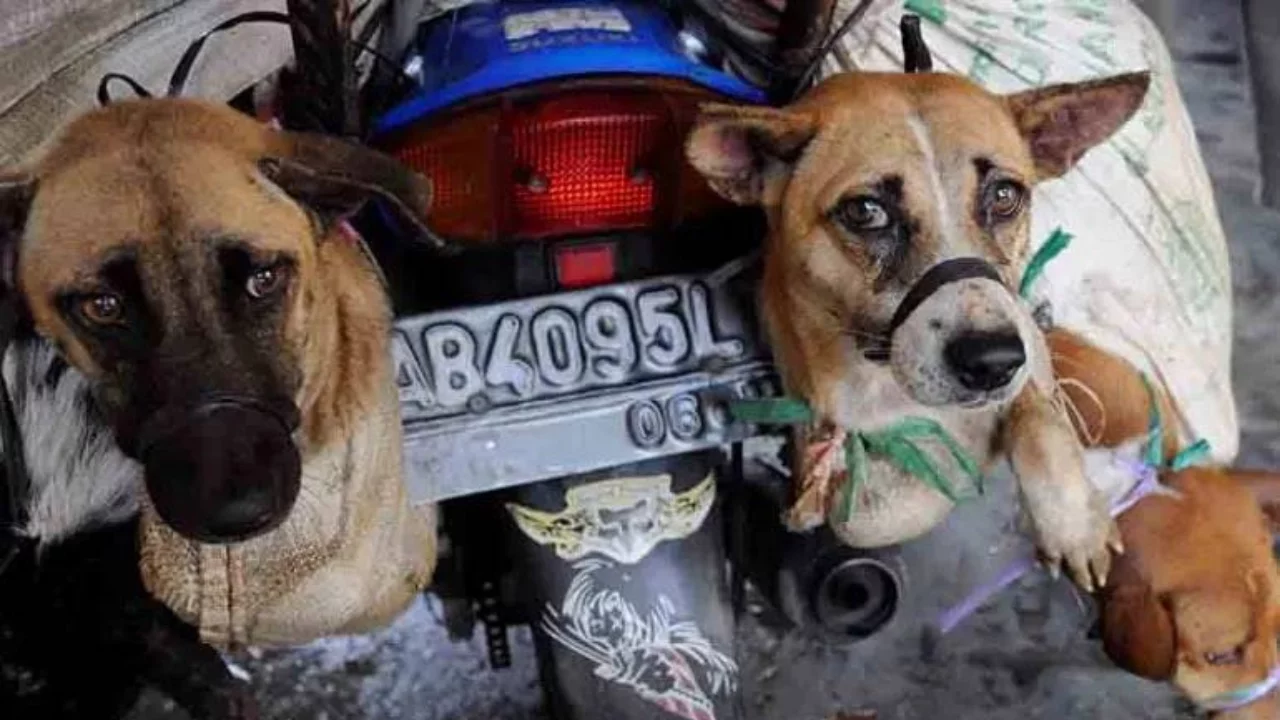The sale of dog and cat meat is prohibited in Jakarta

In Jakarta, the capital of Indonesia, a new law is being developed that prohibits the sale of dog and cat meat to limit cruelty to animals and prevent the spread of rabies. This was reported by local media.
Jakarta Governor Pramono Anung officially announced the decision earlier this week. According to him, more than 9 thousand dogs are slaughtered for meat in the city every month, which creates not only moral, but also sanitary risks. "In Jakarta, dog meat is not intended for human consumption," the governor said in an interview with journalists.
The draft law is expected to be ready within a month. The initiative is being implemented in partnership with the Dog Meat Free Indonesia (DMFI) coalition. After the ban was passed, the sale of dog and cat meat was officially banned.
This decision is considered an important step towards saving Jakarta from rabies and promoting humane treatment of animals. As is known, the capital is currently one of the few regions in the country officially recognized by the Ministry of Health as a "rabies-free zone."
The problem of slaughter cruelty
Due to the fact that dogs and cats are not recognized as livestock in Indonesia, there is no clear law on the sale or slaughter of their meat. This continues the practice of using their meat as food in some regions. Some people consider it a traditional or cheap source of protein.
However, human rights defenders strongly condemn this situation. They report that dogs are kept in narrow cages, severely beaten, and often tortured before slaughter. Thousands of dogs are brought to Jakarta by secret routes from the islands of West Java and Bali every month.
Dangerous health consequences
Veterinary specialists warn that the rabies virus can be transmitted to humans more often during animal slaughter. The virus spreads through the saliva of an infected animal through biting and scratching.
The first symptoms of rabies are fever, headache, muscle pain, and insomnia. Subsequently, fears of water (hydrophobia) and light (photophobia) are observed, and the disease, if not treated in time, can lead to death.
Officials emphasized that the new ban will not only eliminate cruelty to animals but will also play an important role in protecting human health.
Read “Zamin” on Telegram!




















